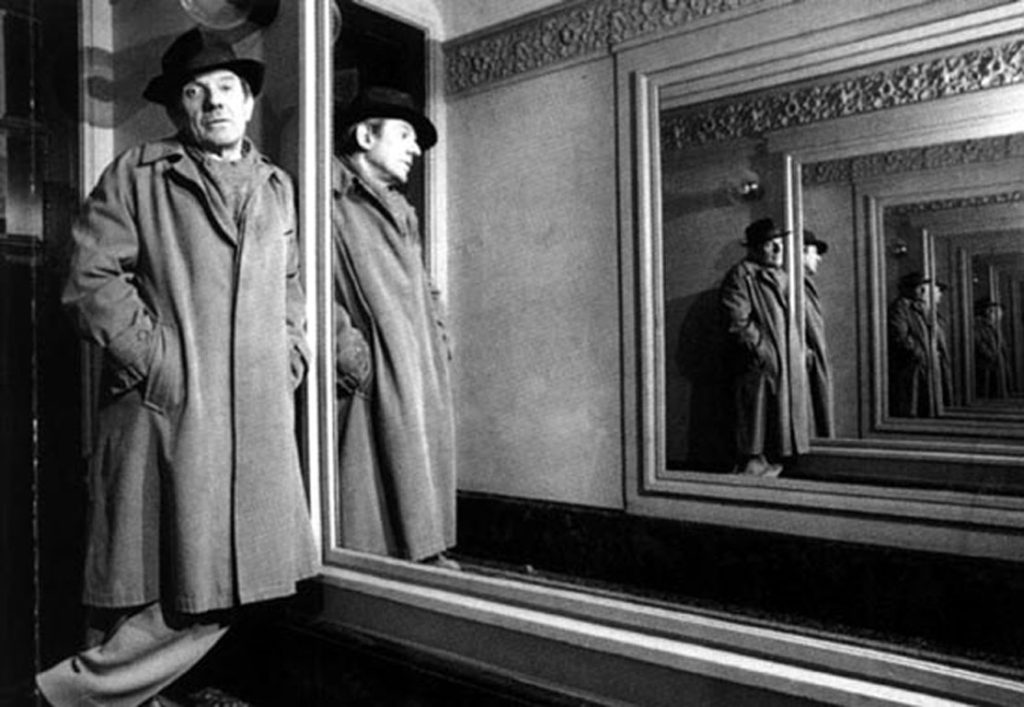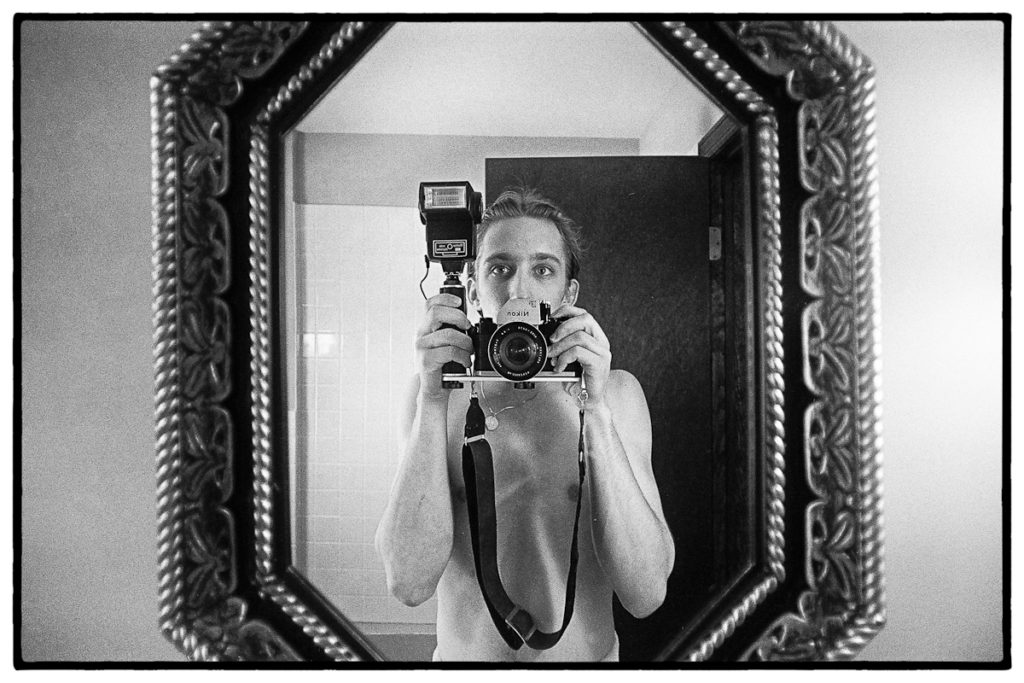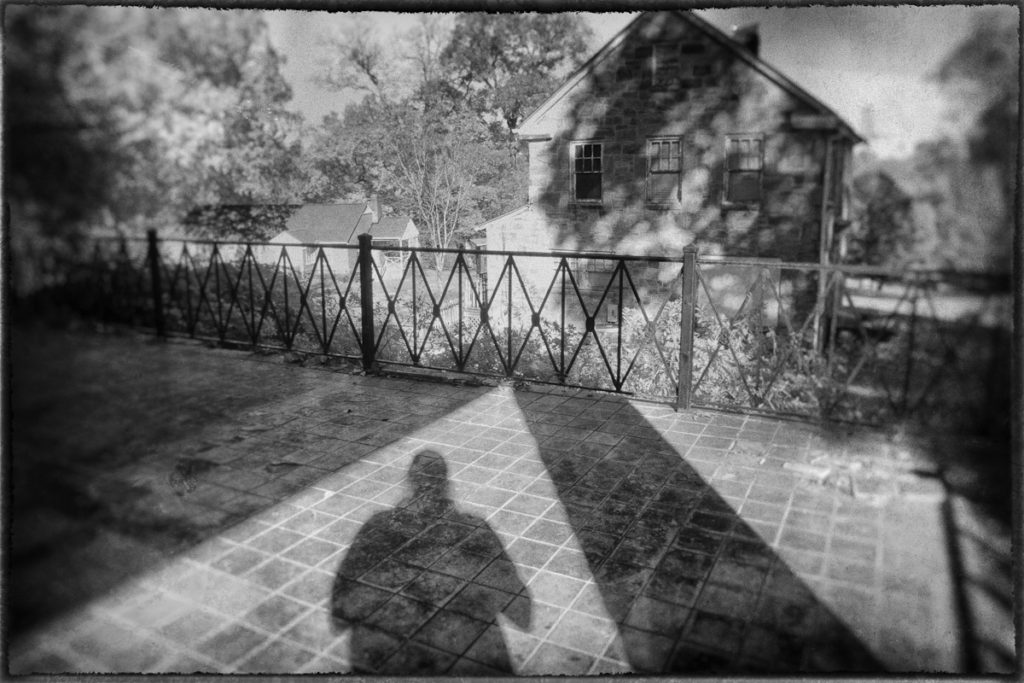Post-Modernist Thinker of Big Thoughts, Gilles Deleuze, Paris
French philosopher Michel Foucault says that photographs form spaces called heterotopia, a concept he uses to describe places and spaces that function as something new, a unique space which is neither here nor there, simultaneously both physical and mental, spaces that have more layers of meaning or relationships to other places than immediately meet the eye. According to Foucault, photos do not “capture images: they do not fix them, they pass them on” and we are then left with utterly different spaces: images that are also “events” and “passages” and that are “absolutely unique;” photos construct “events’ that make possible the exploration of an “infinite series of new passages.”
Put in non-philosophical jargon, what Foucault is saying is that photographs always contain more than the merely visible; there are the inevitable associations to places and spaces via the imagination of the viewer and the thoughts, memories and life experiences they bring to their encounter with a photograph, which may change from time to time, from look to look, from viewing to viewing. For Foucault, past, present and future space are necessarily conflated in the conceptual act required of recreating the visual reality of the photo, and in so doing, we create a heterotopia, a new space enclosing, while simultaneously opening up to, a new world.
*************
Me, Territorializing Myself via the “Double Movement” of an Assemblage, circa 1974….or, as we call it in America, A Bathroom Mirror Selfie
What is the means by which photography forms this new reality?
The photograph is a site of what French philosopher Gilles Deleuze calls “territorialization” – both de-territorialization and re-territorialization – post-modernist jargon for the claim that a photo both simultaneously gains and looses meaning, depending on who is looking at it, in what cultural era they’re doing so and with what distinct viewpoint.The act of viewing photos is always, at base, a conceptual process that is both productive and destructive, a “double movement” where the photo both accumulates meanings (re-territorialization) and is divested of meanings (de-territorialization).
Photographs are what Deleuze calls “assemblages,” configurations of linked conceptual components in intersection with each other. “An assemblage is the result of this process, and can be thought of as constituted by an intensification of these processes around a particular [photo] through a multiplicity of intersections of such territorializations.” In other words, when looking at a photograph taken by Robert Frank, say, in 1958, its current meaning and interpretation may be completely different to the reading of the same photograph in the era it was taken, given the current cultural and social realities and the distinct concerns of the viewer necessarily embedded in those social and cultural realities. It’s the same photo but different assemblages.
*************
For Foucault and Deleuze, photographs are creations of the highest order, unique heterotopias redolent of infinite meanings lost and found. Your crummy photographs aren’t simple banal, uninspired documents of fence-posts, cats and/or your adorable kids, they’re the portal to a unique new conceptual reality – “assemblages,” formed from the intersection of your inner mental, physical, psychological, visual and spiritual dimensions at an historical moment in time with all its subjective components. Silly you, you probably had no idea. This is why we need Post-Modernist philosophers, to teach us this.
In all seriousness, we’ve become so incredibly habituated to photographs, we’ve lost sight of their remarkable nature, that maybe that’s a good enough reason to wade through the turgid jargon of thinkers like Foucault and Deleuze to get at the pearl of wisdom hidden therein, to be reminded of the miracle contained in the simple snap of the shutter. Be thankful I’m doing it for you.
It seemingly means nothing to us that we have the miraculous capability of freezing a moment otherwise destined to vanish in time…and thereby creating something new, unique. That’s a remarkably profound gift photography gives us, more so when we understand it in the way articulated by Foucault and DeLeuze – as the creation of an utterly new reality nestled inside a larger reality we share with others. The fact that we’re capable of doing so, with the simple machinery of a light-tight box, should inspire awe in you. Never forget how amazing photography really is.
Views: 779



